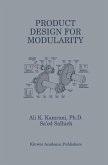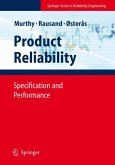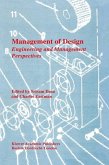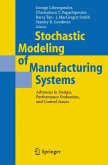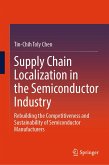The main objective of manufacturing management is to make profit. However, in traditional manufacturing systems none of the separate stages in the process support this objective. Management is not expert in any of these stages, and therefore is dependent on specific experts at each stage and must follow their decisions. Each stage has its own first priority which is not profit and cost. This means that management does not have real control over these functional stages, nor over the process as a whole.
This book presents controlling tools for management in order to allow them to communicate better with the experts of the particular manufacturing stages to reach better results and higher profits. It is shown that most enterprises can improve their efficiency rate by between 25 and 60% by using the tools developed here.
Dieser Download kann aus rechtlichen Gründen nur mit Rechnungsadresse in A, B, BG, CY, CZ, D, DK, EW, E, FIN, F, GR, HR, H, IRL, I, LT, L, LR, M, NL, PL, P, R, S, SLO, SK ausgeliefert werden.



